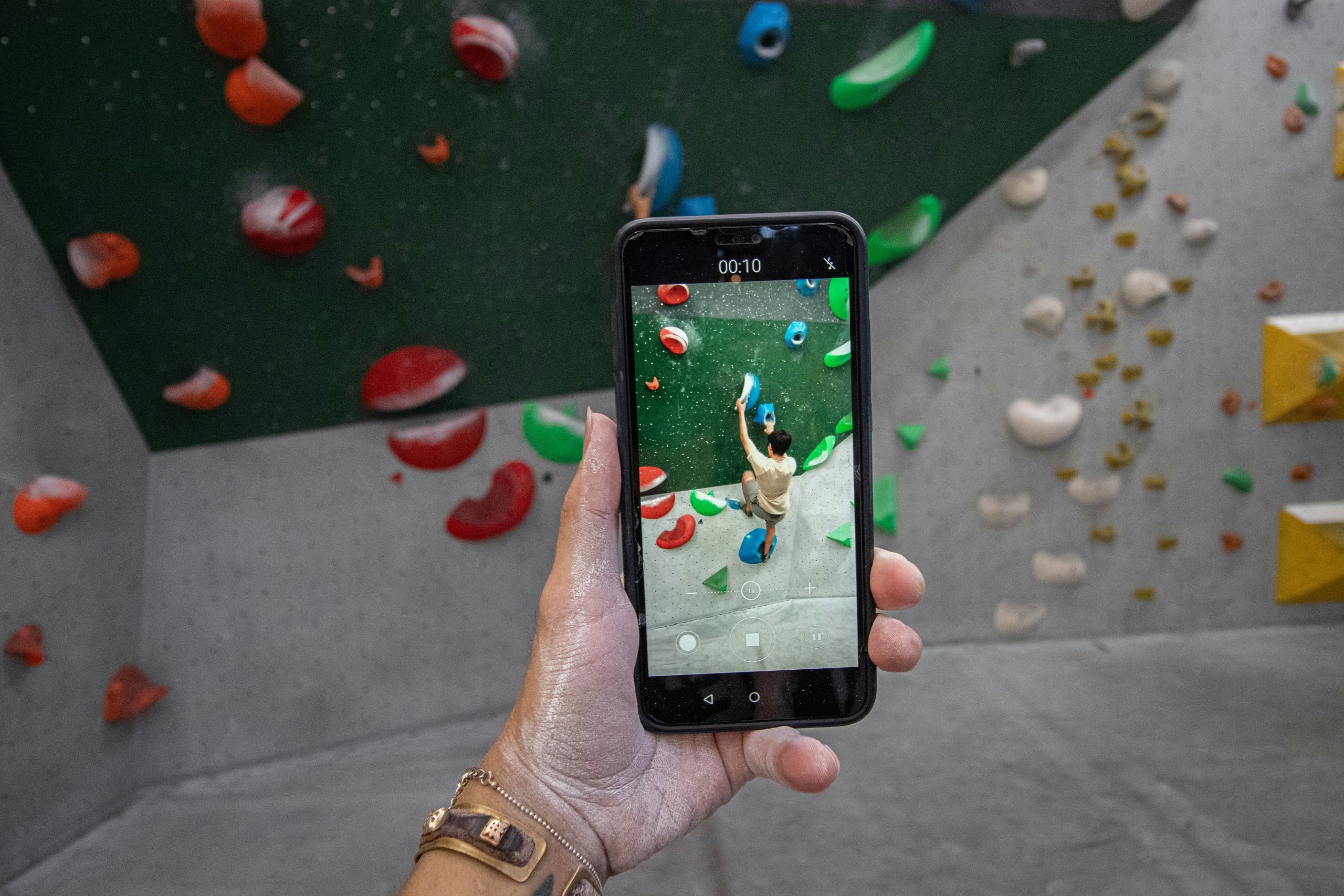Technology stress is a growing phenomenon and it’s all around us. We have smart homes, smart cars, smart TVs, smart phones. Everywhere you turn from your home, work, car, pocket, technology is there and is ever connected. As a society, we have become so dependent on technology that new terms and symptoms have arisen such as “technostress,” social media anxiety, smartphone addiction and more. It seems the more we’re connected, the more stress we accumulate and the more we disconnect from the personal relationships around us.
What are the symptoms of technology stress and anxiety? There are many signs, most of which are similar in nature to any stress or anxiety related problem. Signs of technology stress include:
- Physical traits such as neck and back pain, eye strain, rapid heart rate, etc.
- Emotions such as frustration, depression, irritability, loss of tempter and more.
- Behavioral changes such as insomnia and social withdrawal.
In fact, there are an array of new studies that suggest technology may be impacting our brains in more ways than just intake of information. In a recent study presented to the Radiological Society of North America, overuse of technology can create changes to the chemistry in the brain similar to any addiction.
While technology can be helpful and efficient in so many ways, too much of a good thing, to use an old cliché, can be bad for you. We’re not advocating giving up technology. Quite to the contrary. However, overuse can lead to health issues. So, here are some tips you may want to take to reduce the stress and anxiety associated with use of technology.
1. Take Breaks

At work or at home, if you’re involved in a long project that requires the computer or you’re planning a marathon gaming session, it’s healthy to take breaks at points where there is a natural break where you can do so. Getting away from the screen will allow you to re-energize and re-focus. Spend your break time walking, talking to people or anything else that will take your mind off the project for the moment.
2. Limit Time
While this is difficult for work related projects that have deadlines (in those situations, take breaks): demarcate a limited time specifically for browsing social media, gaming, and smartphone use. In this instance, moderation is key.

3. Disconnect

For some people, disconnecting may seem heretical. However, you don’t need to be active online at all times. Switch to Airplane Mode when dining out, at a concert, movie or while attending other events. Leave the tablet behind when meeting with family and friends. Refrain from using your phone during your gym routines. In other words, relish the moment, focus on whatever event you’re engaged in, the people you’re with; without the constant bombardment of chiming alerts and distractions.
4. Meditate and/or Exercise

Meditation and other exercises can help take your mind off of unsettling thoughts. Deep breathing exercises, Yoga, Tai Chi, aerobics, running, cycling, etc. can all help reduce stress, rejuvenate and reduce tension in your muscles.
5. Reduce Posts

While social media allows us to share information with our friends and followers, it doesn’t mean that every little thing you do is worthy of that activity. Posting every little thought, personal activity, picture or video can have the opposite effect of what you’re intending. For your friends and followers, getting those constant updates and alerts can seem like being in a one-sided conversation that goes on-and-on. Eventually, people just start to tune out.
6. Sleep

Constant connection to our technological devices can render one overwhelmed, unproductive, and hapless. Setting one’s phone to “sleep mode” and taking a brief nap, however, can obviate the pervasive effects of our frequently sustained connectivity. For an hour or two, grasp your nearest pillow and comforter; and allow your mind to transfix itself on less unsettling things.
7. Prioritize Personal Interaction

In an interconnected world it is, of course, convenient to converse with peers and colleagues through numerous digital interfaces. Rather than resort to Facetime or Zoom, place an emphasis on congregating with others in-person. Whether it manifests through a shared meal, outdoor or indoor recreation, or merely quality time, physically interacting with another can drastically reduce lingering feelings of isolation and loneliness.
8. Simplify “Incident Management”

The availability of technology can often prompt the expedition of multitasking, a generally frustrating endeavor. Complex issues, when one’s presence and attention have become so accessible, can frequently interdict genuine productivity. When one’s focus becomes compromised by competing objectives, the completion of independent objectives becomes impeded. Rather than vainly attempting to grapple with several tasks simultaneously, allocate specified time toward a single task at a time, regardless of how much additional items accumulate in your inbox. Improve your own individual process of prioritization in order to allay the adverse effects of stresses imposed by technology.
9. Prioritize Hobbies

An additional way of mitigating technology-induced stress is, when not inundated with work, instead focusing on recreational activities that provide you with personal satisfaction. Having an outlet for you to more constructively dispense your passions can be useful in waylaying the temptation to remain constantly online.
10. Seek Professional Services

If your reliance on technology has become akin to an addiction, it might be prudent to reach out to a professional counselor who can advise you on strategies for curbing your dependency. Though it may be difficult to determine when exactly is an appropriate time to consult such a service, if you do find yourself in constant distress as a consequence of your unhealthy relationship with technology; a professional service may be able to help you in relieving your uneasiness.



